Hydroponic farming in Israel is an innovative and efficient way to grow crops without needing soil. With the country’s dry climate, limited water resources, and high population density, hydroponics is becoming increasingly popular as a reliable technique that requires less land and energy than traditional farming methods. As a result, it requires much less water and can produce higher yields faster than traditional farming.
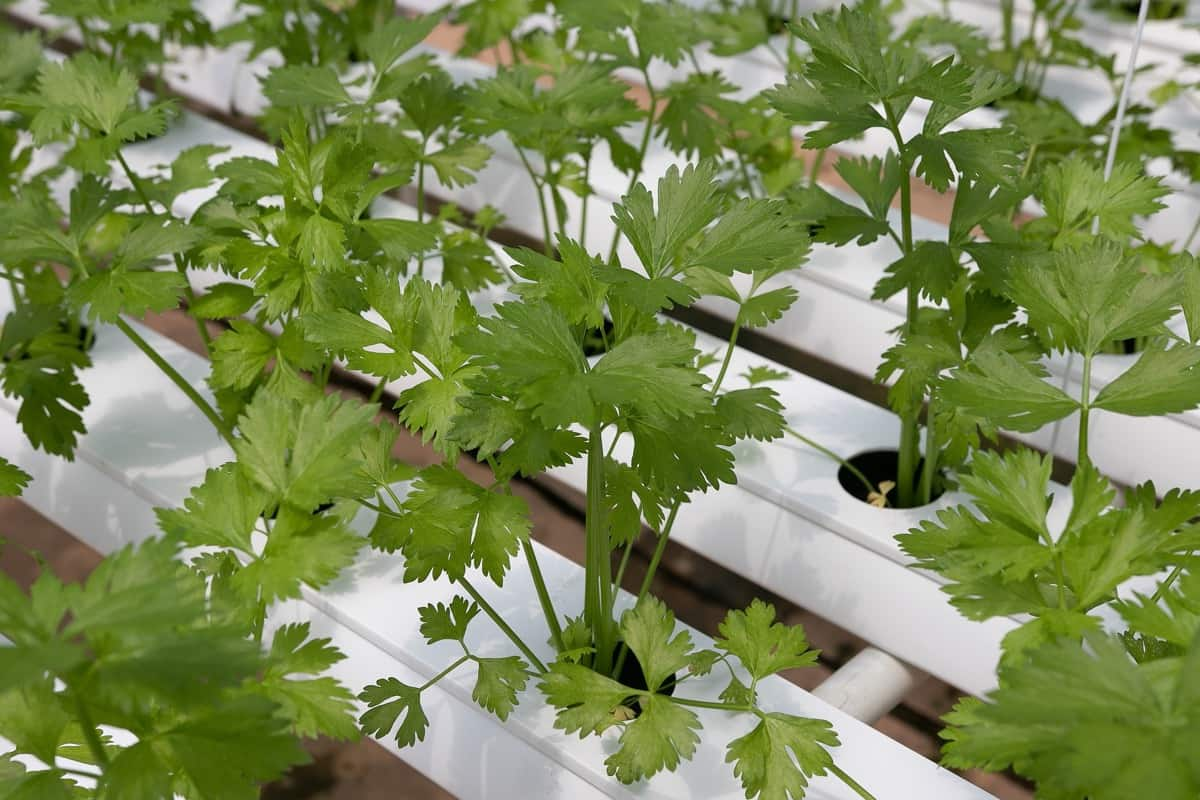
How to start hydroponic farming in Israel
What is hydroponic farming?
Hydroponic farming is a type of agriculture where crops are grown in water instead of soil. This method can be used to grow plants in various settings, including indoors and on rooftops. Using hydroponics, farmers in Israel can produce high-quality fruits and vegetables year-round, regardless of the weather outside.
Benefits of hydroponic farming
- Hydroponic farming has several benefits that make it an attractive option for farmers in Israel. Firstly, ydroponic systems can grow various crops in a relatively small space. This is ideal for farmers in Israel who have limited land resources.
- Second, hydroponic systems can control the environment in which crops are grown. This allows farmers to optimize conditions for plant growth, leading to higher yields.
- Finally, hydroponics requires less water than traditional farming methods. This is especially beneficial in arid regions like Israel, where water resources are scarce.
In case you missed it: How to Start Sheep Farming in Israel: Business Plan, Key Rules, Breeds, Cost, Profit, and Management
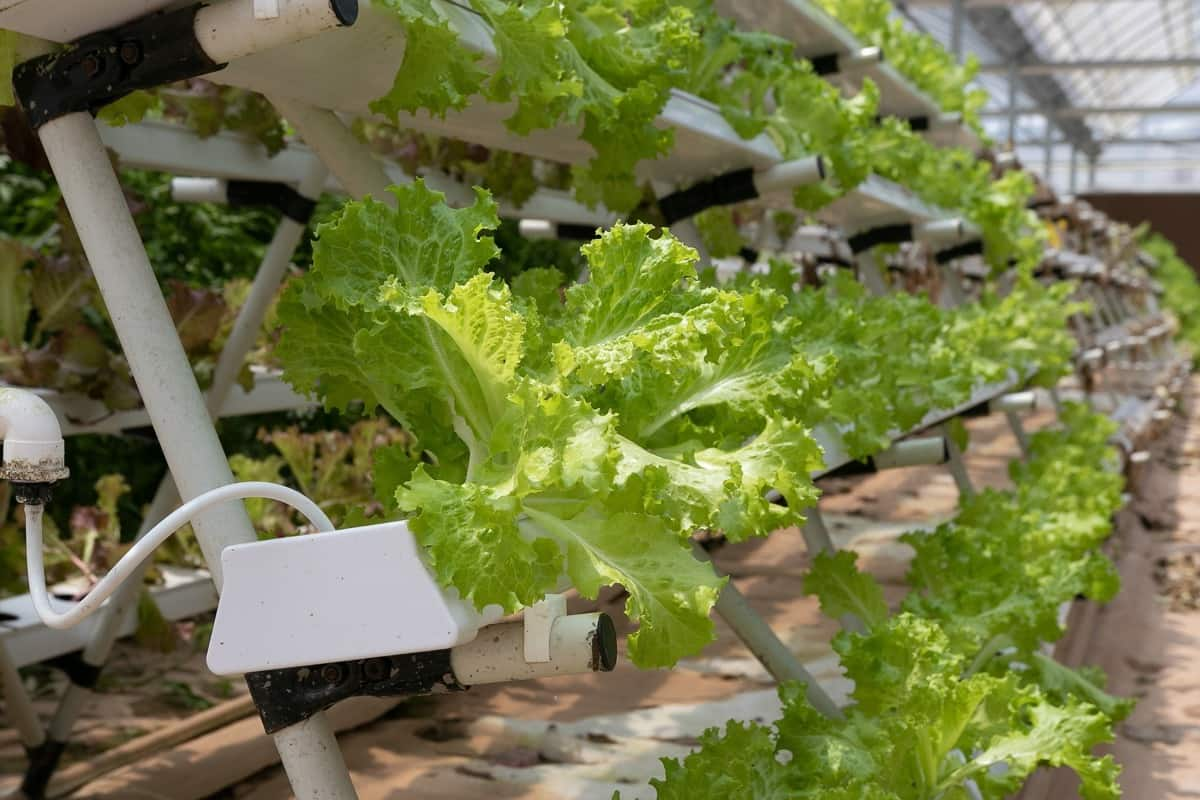
Hydroponic farming business plan in Israel
- Research the hydroponic farming business and create a business plan. Consider the start-up costs, equipment, crop production, and marketing.
- Find a suitable location for your farm. The climate in Israel is perfect for hydroponic farming, so you will have many options to choose from.
- Acquire the necessary equipment and supplies. This includes growing lights, soil-less growing media, water pumps, and reservoirs.
- Set up your hydroponic system according to your business plan. Make sure everything is working properly before starting to grow crops.
- Choose the right crops for your system and market demand. Some popular hydroponic crops in Israel include tomatoes, cucumbers, peppers, and herbs.
- Start planting and watering your crops according to their needs. Monitor them closely to ensure they are getting enough nutrients and light exposure.
- Harvest your crops when ready and sell them to customers or wholesale markets. You can also process some of your products into value-added products like salsa or pickles.
- Evaluate your business performance regularly and make necessary changes to improve efficiency or profitability. This might involve investing in new equipment or switching to a different crop variety.
- Maintain a good relationship with your customers by providing quality products and excellent service. This will help ensure repeat business and positive word-of-mouth advertising.
Are hydroponic farms profitable?
Yes, hydroponic farms are profitable. They are one of the most efficient and cost-effective ways to farm. Hydroponic farms use less water and land than traditional farms and can produce more food in a shorter time. They are also less labor-intensive, which reduces production costs.
In case you missed it: How to Start Greenhouse Farming in Israel: Business Plan, Key Rules, Cost, Profit, and Management
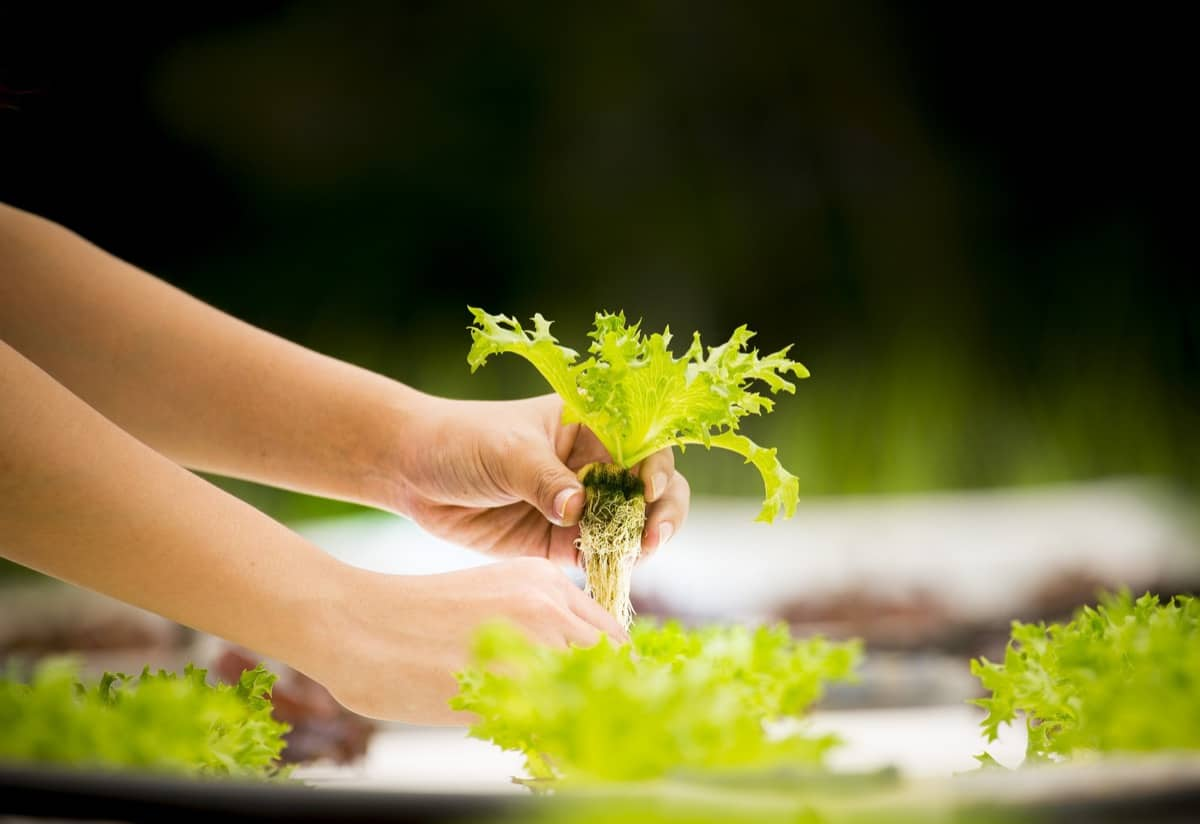
Tips to start and set up your hydroponic farming in Israel
- If you’re interested in starting your hydroponic farm in Israel, there are a few things you need to know before getting started. First, you’ll need to find a suitable location for your farm. Hydroponic farms can be set up indoors or outdoors, but it’s important to choose a location with plenty of sunlight and good drainage.
- Once select the perfect spot for your farm, you’ll need to set up your hydroponic system. There are many hydroponic systems, but the drip system is the most popular option in Israel. Drip systems consist of a series of tubes and hoses that deliver water and nutrients directly to the roots of plants.
- You’ll need to purchase a pump, tubing, and grow lights to set up a drip system. You can find these items at your local gardening store or online. Once you have all of your equipment, follow the instructions that come with your system to set it up correctly.
- After your system is up and running, it’s time to start planting! Hydroponic farms can grow various fruits and vegetables, so choose crops you think will do well in your climate and soil type. Once your plants are in place, clean them regularly and give them plenty of nutrients to help them grow strong and healthy.
Crops suitable for hydroponics in Israel
Hydroponic farms can be found all over Israel, growing a wide variety of crops, including Tomatoes, Cucumbers, Peppers, Eggplants, Lettuce, herbs, and leafy greens. With its commitment to innovation and sustainability, Israel is poised to continue its leadership role in developing hydroponic agriculture.
The future of hydroponic farming in Israel
- In recent years, Israel has become a world leader in hydroponic farming thanks to its innovative methods and technologies. The future of hydroponic farming in Israel looks bright as the country continues to invest in research and development to improve yields and efficiency.
- One of the most promising research areas is using artificial intelligence (AI) in hydroponic farms. Using sensors and data analytics, AI can help farmers optimize their irrigation schedules, planting layouts, and nutrient mixes. This precision agriculture approach could significantly increase yields while reducing water and fertilizer use.
- Another area of focus for the future of hydroponic farming in Israel is vertical farming. In vertical farms, crops are grown on vertically stacked shelves, often indoors under controlled conditions. This type of farming allows for higher crop density and greater efficiency than traditional methods. Vertical farms also have the potential to reduce water use by up to 95%, making them an attractive option for arid regions like Israel.
- With its experience and expertise in hydroponic farming, Israel is well-positioned to continue leading the way in this field. In addition, the country’s strong commitment to research and development will ensure that it remains at the forefront of innovation in hydroponics.
- The history of hydroponic farming in Israel is one of innovation and success. The country’s sunny climate and ample water resources make it an ideal place to grow crops using this method. With continued research and development, hydroponic farming in Israel will continue to thrive for years.
In case you missed it: How to Start Fish farming in Israel: Business Plan, Key Rules, Cost, Profit, and Management
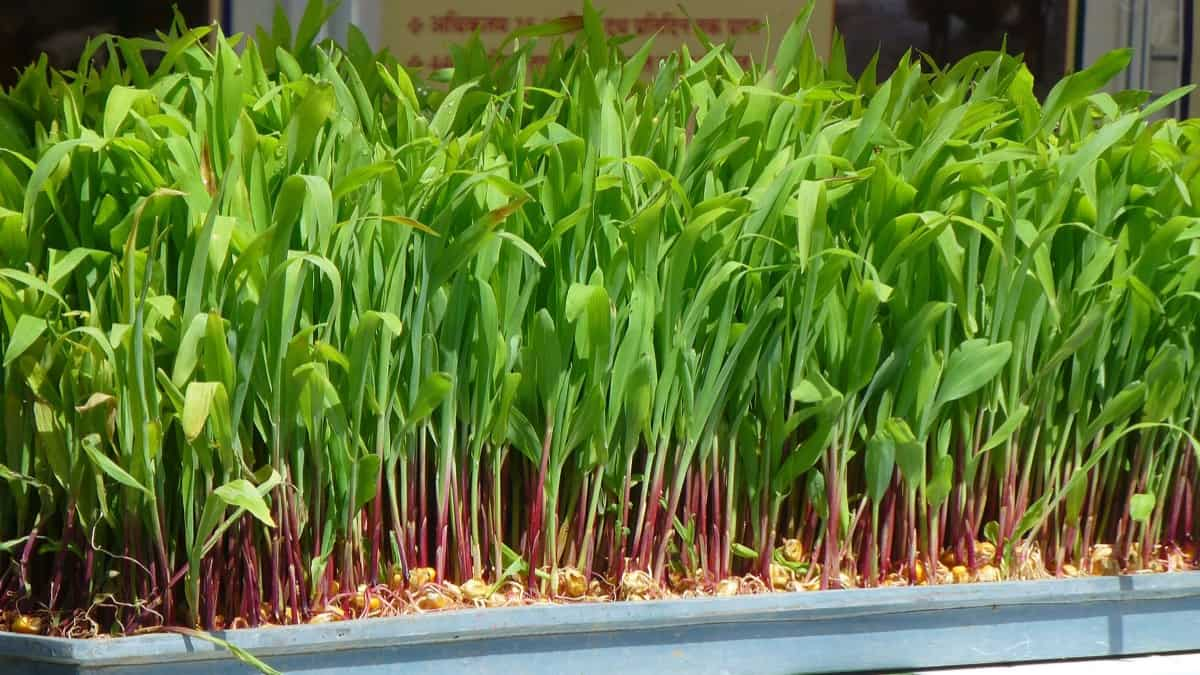
Key rules to start hydroponic farming in Israel
- Hydroponics is a soil-less form of gardening, so you’ll need to purchase or build a system that will allow your plants to grow without soil.
- It is important to have the proper equipment and materials before starting. This includes a water pump, an air pump, grow lights, and hydroponic growing media.
- The nutrient solution must be mixed correctly to give the plants the right nutrients.
- The nutrient solution pH must be monitored and adjusted as needed. Once you have your water source and growth system in place, you’ll need to choose the right plants for your farm.
- Hydroponic farms can grow various crops, so it’s important to research which plants will do well in your climate and your hydroponic system.
- The temperature and humidity of the growing environment must be carefully controlled. In addition, the plants must be properly spaced to allow for airflow and light exposure.
- Finally, once your hydroponic farm is up and running, you’ll need to monitor it closely to ensure the plants are getting the essential nutrients they need and the water stays at the proper pH level. Then, you can start your successful hydroponic farm with a little effort.
Hydroponic farm start-up cost and average yield in Israel
Hydroponic farm start-up costs in Israel can vary depending on the size and type of hydroponic operation. The average cost of setting up a small hydroponic farm in Israel is $1000-$8000. This includes land, equipment, buildings, and other infrastructure costs. The cost of labor and electricity is also factored into the equation.
The average yield from a hydroponic farm in Israel is around 10 tons per year. This is significantly higher than the average yield from traditional farms in the country, around 2-3 tons per year. The higher yield from hydroponic farms comes at a price, though, as they require more expensive equipment and a higher level of expertise.
Choose the right hydroponics media in Israel
There are a variety of hydroponics media that can be used in Israel, but not all of them are created equal. Some of Israel’s most popular hydroponics media include coco peat, perlite, and vermiculite.
Different types of hydroponic systems in Israel
- Deep water culture (DWC) – This system uses a deep tank of water that is kept aerated with an air pump. The roots of the plants are suspended in the water and receive nutrients from a nutrient solution added to the water.
- Nutrient film technique (NFT) – This system uses a shallow stream of water containing nutrients. The roots of the plants are placed in this stream, and they take up nutrients from the water as it flows past them.
- Aeroponics – This type of system uses a mist of nutrient-rich water sprayed onto the plants’ roots. The roots are suspended in the air and take up nutrients from the mist.
- Aquaponics – This system combines hydroponics with aquaculture (fish farming). Fish waste is used as fertilizer for the plants, and the plants help filter the fish’s water.
In case you missed it: How to Start Organic Farming in Israel: Key Rules, Business Plan, Certification, and Challenges

Hydroponic farming subsidy in Israel
In Israel, the government provides a subsidy for hydroponic farmers. The subsidy is used to cover the costs of equipment, seeds, and other supplies necessary for hydroponic farming. The subsidy also covers the costs of training and research associated with hydroponic farming.
The government’s goal in providing this subsidy is to promote the development of hydroponic farming in Israel. Hydroponic farming has the potential to increase crop yields, reduce water usage, and improve the quality of produce. By subsidizing hydroponic farms, the government hopes to encourage more farmers to adopt this type of agriculture.
The future of hydroponic farming in Israel
The future of hydroponic farming in Israel is looking very bright. The country has been a pioneer in hydroponic agriculture, and its farmers have been able to produce bumper crops of vegetables and fruits using this method. Moreover, with the help of advanced technology, Israeli farmers can now grow crops in a completely controlled environment free from pests and diseases.
This has increased crop yields and has made hydroponic farming one of the most efficient and productive methods of agriculture. In the future, hydroponic farming will likely become even more widespread in Israel as more and more farmers adopt this method of agriculture. This will allow Israel to produce even more food for its growing population and will also help to reduce the country’s dependence on imported food.
Hydroponic farming problems in Israel
There are several issues have arisen with hydroponic farming in Israel. The main problem is water availability. Due to the high evaporation rates in Israel, farmers have to constantly monitor and replenish their water supplies, which can be costly. Additionally, the high salt content in the water can build up on the plants and soil, making it difficult to maintain healthy conditions.
Another issue is that of pests and diseases. In traditional farming, pests and diseases are controlled by chemicals, but in hydroponic systems, they can quickly spread and become difficult to manage. Finally, there is the issue of cost. Hydroponic systems require a significant investment of money and time.
Hydroponic farming challenges in Israel
One challenge of hydroponic farming is that it requires a lot of water. In traditional farming, much of the water used to grow crops is lost to evaporation or runoff. With hydroponic farming, all water must be carefully monitored and recirculated so that none is wasted. This can be difficult and time-consuming, especially in hot climates with high evaporation rates. Another challenge of hydroponic farming is controlling the nutrient levels in the water.
In case you missed it: How to Start Goat Farming in Israel: Key Rules, Business Plan, Breeds, Cost, Profit, and Management
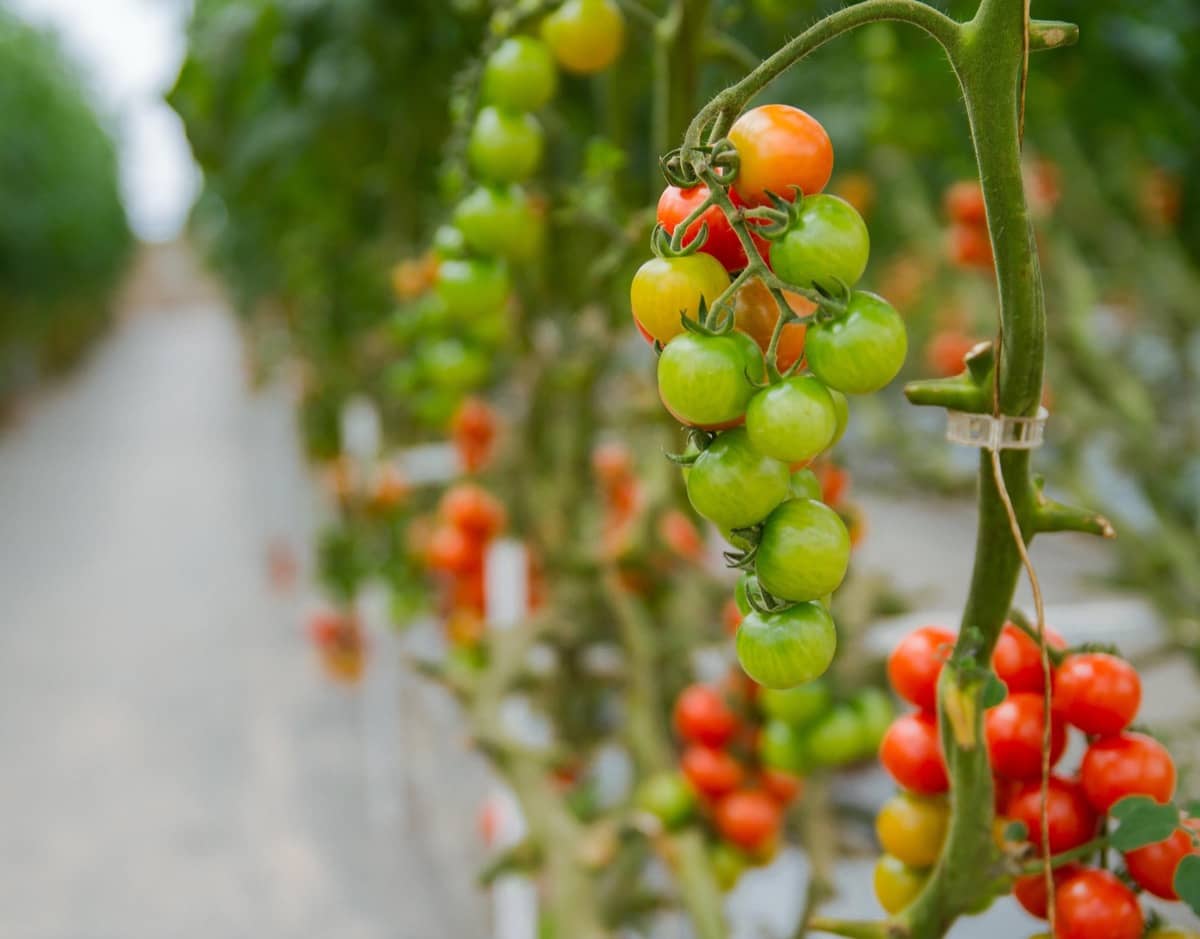
Too much or too little nutrients can lead to problems with plant growth. Therefore, nutrients must be carefully measured and added to the water regularly to maintain optimal plant growth levels. Despite these challenges, hydroponic farming is a promising agricultural method that could help feed the world’s growing population. Proper planning and management can overcome these challenges, and hydroponic farms can thrive.
Conclusion
Commercial hydroponic farming in Israel is a relatively new industry, but it has already become a major player in the country’s agricultural sector. In Israel, hydroponic farming is used to grow various fruits and vegetables, including tomatoes, cucumbers, peppers, and strawberries. These crops are grown in greenhouses that use advanced technologies to create optimal growing conditions.
- Modern Sheep Farming Technology: The Future of Sheep Husbandry
- Goat Farming Technology: The Future of Goat Husbandry
- How to Build a Low-budget Goat Shed: Cheap Ideas and Tips
- Goat Farming Training Programs in India: A Beginner’s Guide
- Types of Pesticides Used in Agriculture: A Beginner’s Guide
- Economical Aquaculture: A Guide to Low-Budget Fish Farming
- 15 Common Planting Errors That Can Doom Your Fruit Trees
- How to Make Houseplants Bushy: Effective Tips and Ideas
- Innovative Strategies for Boosting Coconut Pollination and Yield
- Pollination Strategies for Maximum Pumpkin Yield
- The Complete Guide to Chicken Fattening: Strategies for Maximum Growth
- Natural Solutions for Tulip Problems: 100% Effective Remedies for Leaf and Bulb-Related Issues
- Revolutionizing Citrus Preservation: Towards a Healthier, Greener Future
- Natural Solutions for Peony Leaf and Flower Problems: 100% Effective Remedies
- Maximizing Profits with Avocado Contract Farming in India: A Comprehensive Guide
- Natural Solutions for Hydrangea Problems: 100% Effective Remedies for Leaf and Flowers
- The Ultimate Guide to Choosing the Perfect Foliage Friend: Bringing Life Indoors
- From Sunlight to Sustainability: 15 Ways to Use Solar Technology in Agriculture
- The Ultimate Guide to Dong Tao Chicken: Exploring from History to Raising
- The Eco-Friendly Makeover: How to Convert Your Unused Swimming Pool into a Fish Pond
- Mastering the Art of Delaware Chicken Farming: Essentials for Healthy Backyard Flocks
- 20 Best Homemade Fertilizers for Money Plant: DIY Recipes and Application Methods
- How to Craft a Comprehensive Free-Range Chicken Farming Business Plan
- Brighten Your Flock: Raising Easter Egger Chickens for Beauty and Bounty
- How to Optimize Your Poultry Egg Farm Business Plan with These Strategies
- Subsidy for Spirulina Cultivation: How Indian Government Schemes Encouraging Spirulina Farmers
- Ultimate Guide to Raising Dominique Chickens: Breeding, Feeding, Egg-Production, and Care
- Mastering the Art of Raising Jersey Giant Chickens: Care, Feeding, and More
- Ultimate Guide to Raising Legbar Chickens: Breeding, Farming Practices, Diet, Egg-Production
- How to Raise Welsummer Chickens: A Comprehensive Guide for Beginners
- How to Protect Indoor Plants in Winter: A Comprehensive Guide
- Ultimate Guide to Grow Bag Gardening: Tips, Tricks, and Planting Ideas for Urban Gardeners
- Guide to Lotus Cultivation: How to Propagate, Plant, Grow, Care, Cost, and Profit
- Agriculture Drone Subsidy Scheme: Government Kisan Subsidy, License, and How to Apply Online
- Ultimate Guide to Raising Araucana Chickens: Breed Profile, Farming Economics, Diet, and Care
- Bringing Hydroponics to Classroom: Importance, Benefits of Learning for School Students